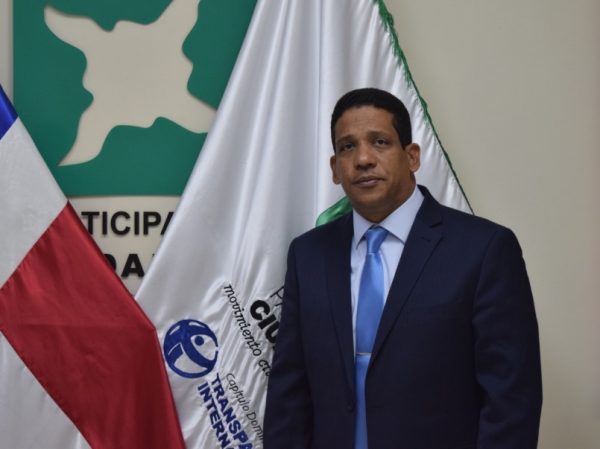
Carlos Pimentel, executive director of the civic movement Participación Ciudadana, said that corruption risks increase in periods of emergency in countries. The Dominican Republic is not the exception. He made the statement after the meeting of a working group made up of 13 Latin American chapters of Transparency International (TI). These presented on Thursday, 25 March 2020, an analysis of corruption risks and identified key preventive strategies to ensure that government procurement for the Covid-19 health crisis meets the objectives of alleviating the impact on the health of citizens and local economies in an integrated manner, and that the funds are not diverted by corruption and opportunism.
“Representatives of national chapters of Transparency International in Latin America, determined that corruption in emergencies increases the impact on society, are on alert to prevent it. The call for transparency in public procurement and contracting is the solution to prevent its misuse from costing lives and is the prevention of criminal actions,” they said.
In this sense, they recommend:
• Disclosure of information on government purchases linked to the emergency. Activation of national anti-monopoly agencies to avoid collusion between economic actors or practices that result in price speculation.
• Activation of real-time audits for public procurement processes, precisely because of the exceptional nature of the situation and the magnitude of the emergency. Concentration of all information related to government procurement for the emergency in a single platform or generating identifiers in electronic public procurement platforms.
The 13 Transparency International chapters state that the emergency is not a justification for avoiding appropriate accountability. They warned that the unequal administration of direct aid could have detrimental effects on public health in the region.
“It is often said that transparency delays the delivery of goods and services. After an extensive review of the Latin American experience, there is no doubt that what really compromises and harms the delivery of the goods needed to meet the needs of the population is opacity and corruption,” they said.
Read more in Spanish:
Hoy
N Digital
El Caribe
27 March 2020

